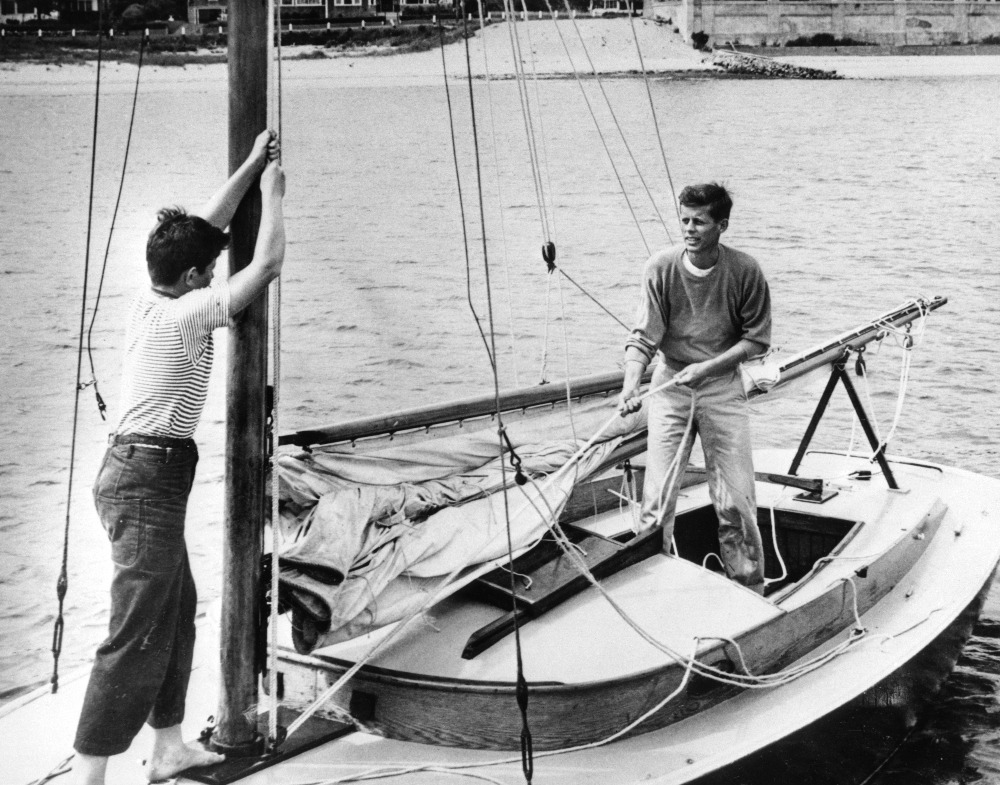Orlando Pizzolato, in the latest issue of the Italian journal Correre, writes the coach must go beyond the usual act, overcoming the mental myopia that leads to accept passively the training rules and its applications. We should instead call into question our own ideas opening the mind to new solutions.
I agree with this goal because as I wrote in my book “Training to win”:
“train does not mean teach a technique and an athlete does not only practices sport techniques, although it may be complex and requiring a high level of competence. Coaching means to use cognitive, emotional and motor skills to teach/learn to know and to do what needs to be done to achieve optimal performance levels. Of course, in each sport the technical movement is the visible component of the sport performance, but there is much more behind the excellent performances, because running an almost perfect action requires an optimal level of technical mastery, control and fitness all expressed in mental actions. Behind these actions there is therefore the overall ability of the athlete:
- making the right choices (select actions appropriately to situation)
- with all the time he/she wants (act quickly without showing in a hurry)
- read the race situations (recognizing what’s going to happen and act in the best way)
- adapter/himself to the conditions of competition (changing the race plan according to what happens)
- be ready and calm (run only the information that serve with no apparent effort)
- to accomplish their work (to act in the way that best meets the goal of the race)
- manage the competitive stress (maintaining the effectiveness of the benefit in times of increased competitive pressure)
Elite athletes also know master seemingly opposite conditions such as, for example, be accurate and fast, stable and flexible, responsive and reflective.







